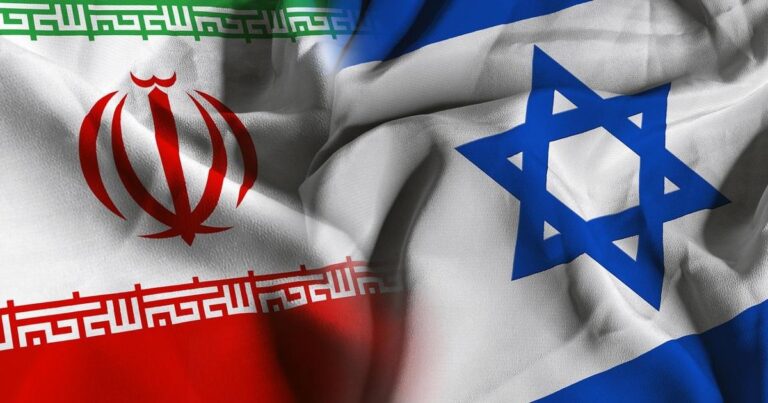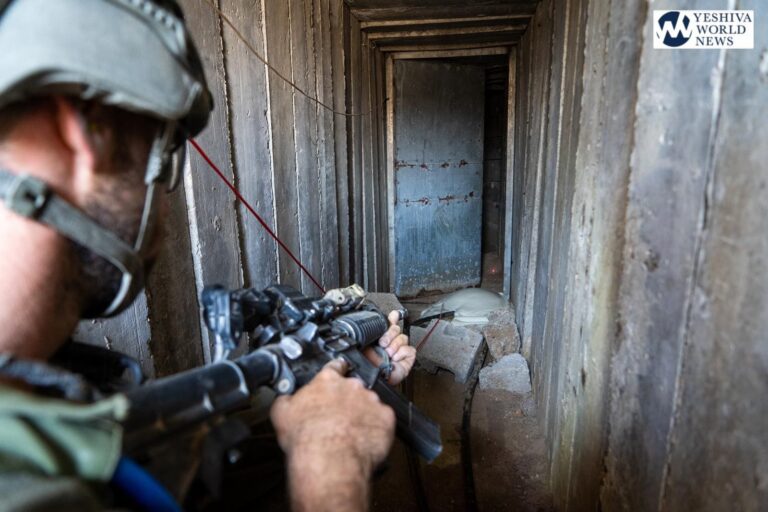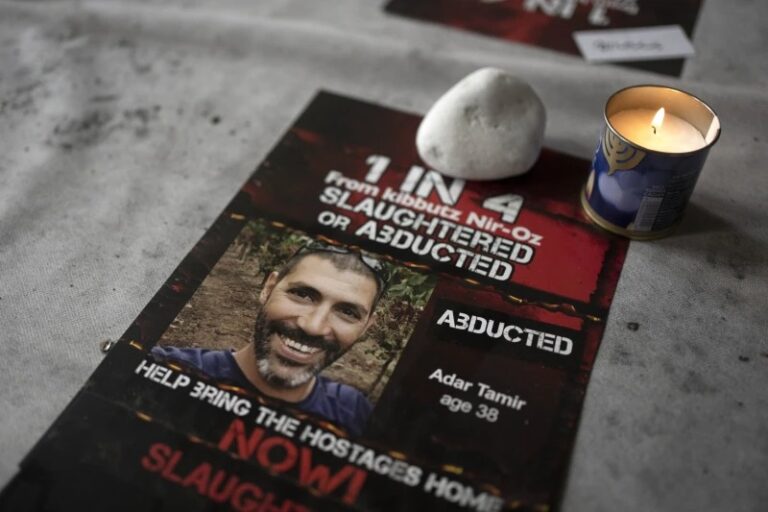Life Is Not A Lottery
Have you ever done something incredibly thoughtless and then regretted it? Of course—we’ve all had a momentary lapse in judgment, or an impulsive emotional reaction. Maybe you asked a really silly question in front of your co-workers, or on a shidduch date. Or you snapped at your boss, or your children. Then you dwell on it all day, wishing you could go back in time and do it over.
How do you deal with this type of situation? It’s certainly advisable not to harp on the past, which is out of your hands, but rather shift your focus to the future. (Unless of course you were insulting or angry, in which case your top priority is to do teshuva and ask forgiveness.) Use this as a learning experience. Next time you’ll be more careful to think through everything you say beforehand, especially when there’s a lot at stake. This is a healthy attitude.
There may be an even deeper approach to dealing with matters beyond our control, and it relates to the miracle of Purim and its reflection on our relationship with Hashem.
If you were told the story of the Megillah and given twenty chances to guess the name of the Chag that commemorates it, you probably wouldn’t figure it out. The story of Purim is about many things. Esther’s unwavering courage and bitachon. Mordechai’s steadfast refusal to submit to Haman. And of course, Klal Yisrael’s salvation from impending destruction. But Purim? The lottery? What does that have to do with the miracle? It seems so incidental, so insignificant, in the grand scheme of things.
The Pur, or lottery, is in fact at the very essence of the miracle. On the surface, a lottery is the antithesis of belief in Hashem. It signifies pure chance and randomness. It implies that everything is mere fate, with no one in control. Yet Purim is just the opposite. Had Hashem left things alone, we would’ve been decimated. He intervened, and brought about one unusual twist after another. Things seemed random, yet beneath the surface were quite controlled. While Haman believed a lottery controlled his destiny as well as the Jews’, Hashem was in fact determining every single move he made, like a pawn in a chess game. The pur, lottery, which is the quintessential symbol of pure fate, allegorically demonstrates that while we think life events just happen, in reality Hashem is in constant control, orchestrating things exactly as He sees fit. That may be why this Chag is named Purim.
The Vilna Gaon uses this theme to explain many seemingly extraneous details in the Megillah. He says they all demonstrate the countless miracles Hashem brought about to save the Jews. For example, why is it relevant that Achashverosh provided everyone at his party with drinks to their specification, and didn’t force his will upon them? How does this trivial piece of information affect the storyline? The Gaon explains that Achashverosh was somewhat unique as a world leader in that he felt part of his mission was to make everyone happy, and provide them with their wishes. In this sense Achashverosh, who was not a good man, was exceptional.
This illustrates to what extent Hashem intervened in the natural order of events. We all know how the party ended. Achashverosh did all he could to force Vashti to display herself, and she refused. Achashverosh had her executed. This was truly miraculous. Here was a king who lived to provide even lowly peasants with their utmost desires, yet he tried to force his own wife, the Queen, to do something she desperately did not want to do. When she defied him, he had her killed. This went against everything Achashverosh had set out to do. It was only possible through Hashem’s Divine Intervention to save Klal Yisrael. The Gaon explains other parts of the Megillah in this same fashion.
This offers us a new perspective on the Megillah, and on life. Events don’t just happen. And we’re not in control. Sure, it’s cliché, but do we consciously think about it? In a sense, we’re all pawns on achess board. This could be disconcerting at first, but when you think about it, nothing could be more comforting than knowing Hashem is constantly guiding us. He is infinitely more capable of controlling our lives than we are. That’s why three times a day in Modim we thank Hashem for our lives being placed in His hands, and the miracles He performs on a daily basis. Have you stopped to think about that when you say it?
My Mashgiach likes to relate an incredible story. In the seventies an airplane was hijacked. As the hijackers took control of the plane, the passengers remained unusually calm. There was no panic. That’s because they noticed Allen Funt sitting on the plane. He was the producer of Candid Camera, a television show that filmed unusual situations without the participants’ knowledge, to see how they’d react. People assumed the hijacking was a setup. In fact, the passenger who panicked the most was Allen Funt himself, who knew that the threat was quite real.
This is truly astonishing. Two people in the exact same situation can perceive it completely differently. One sees danger and terror, the other control and order. We must employ this concept in our daily lives, and internalize that everything is by design, and nothing left to chance. This mindset makes it easier to deal with tough times.
If you did something thoughtless, or sometimes worse, and you feel like it’s irreversible, relax. Hashem generally doesn’t let us mess our lives up beyond repair. Think about all the times you’ve felt this way and eventually forgot the entire episode. This doesn’t mean your mistake was necessary to save Klal Yisrael, but for the most part you can rest assured that Hashem provides us with our needs, and one moment cannot undo that.
On the other hand, don’t use this as an excuse. Sometimes we say things we never should have said. If you really did mess up, don’t pin the blame on Hashem. We must take responsibility for our aveiros, and do our utmost to avoid them in the future. But when things aren’t going our way, and we’re so full of worry we can’t function normally, it’s great consolation to realize Hashem is in total control and always gives us what we need. Just as one snapshot of the Megillah doesn’t give us a clear picture of the miracle, no one moment in life reflects Hashem’s complex master plan for us. That can take a lifetime.
Yaakov Margulies is a Bais Medrash Rebbi in Queens, NY. He is Director of the ACHI Mentoring Program. He counsels adults and teens. To subscribe to his free audio shiur, just email “Subscribe” to [email protected].






One Response
Very nice! Shkoyach!